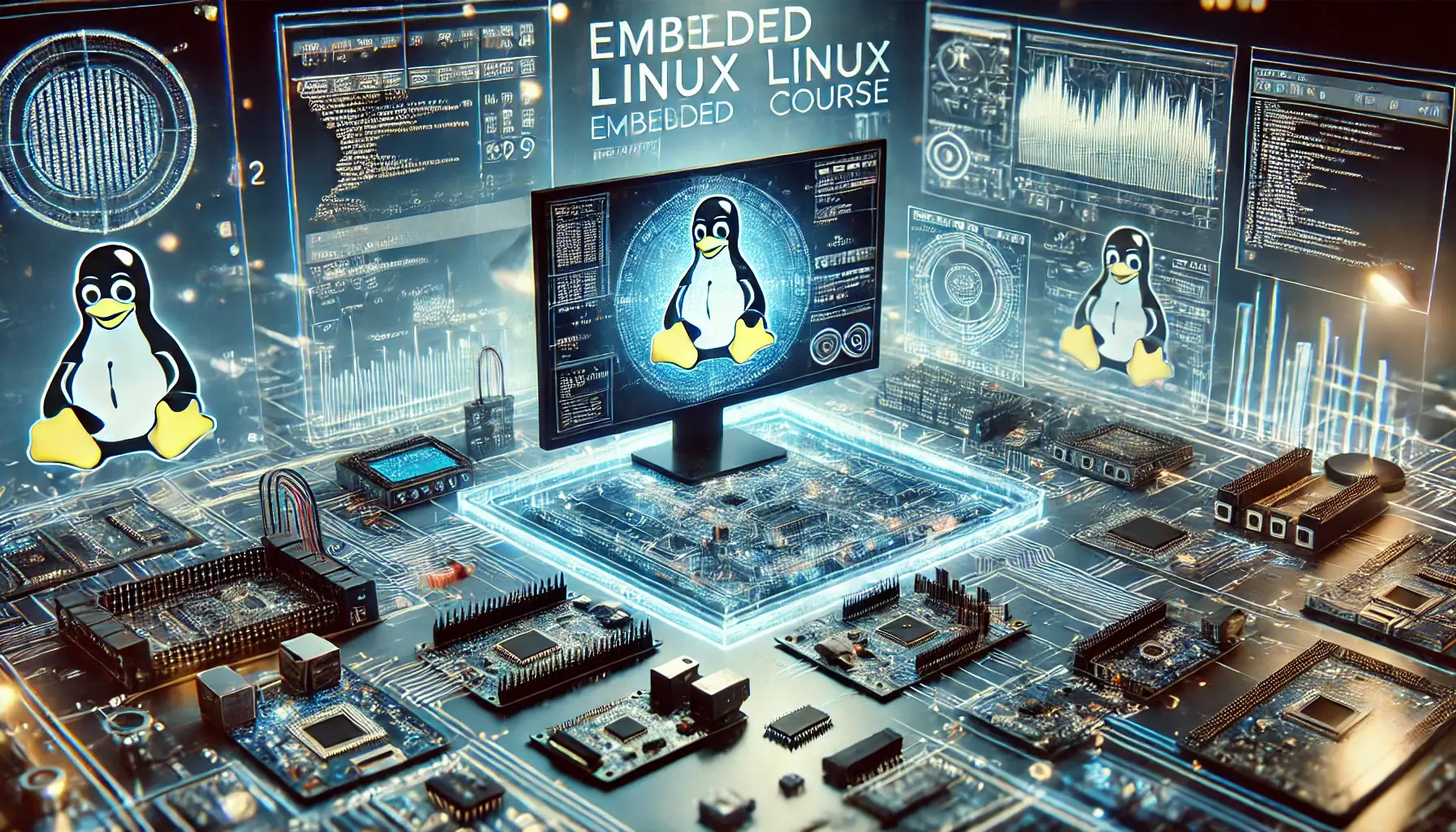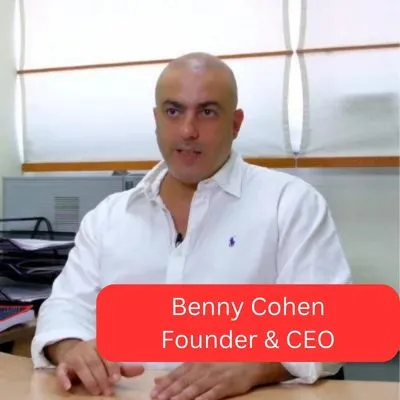
We recommend having access to a development board (e.g., Raspberry Pi, BeagleBone). Specific requirements will be provided at the start of the course.


Embedded Linux Course
This comprehensive Embedded Linux course is designed to equip you with the knowledge and skills necessary to develop, customize, and deploy Linux-based solutions for embedded systems and IoT devices. Embedded Linux has become the foundation for a wide range of devices, from consumer electronics to industrial automation systems.
Key aspects of Embedded Linux and our course include:By completing this Embedded Linux course, you'll be well-prepared to develop sophisticated embedded systems across various industries, including IoT, automotive, consumer electronics, and industrial automation.
Ch. 1
Introduction to UNIX \ Linux Programming
Ch. 2
Linux Development tools
Ch. 3
Automating the Process with GNU Make
Ch. 4
Debugging Linux programs
Ch. 5
Writing and Using Libraries
Ch. 6
File Descriptors
Ch. 7
User space apps working with Hardware
Ch. 8
Linux Processes
Ch. 9
Signals
Ch. 10
Memory associated topics
Ch. 11
Linux Threads "Pthreads"
Ch. 12
Synchronization and Critical Sections
Ch. 13
Processes Vs.Threads
Ch. 14
Inter-process Communication (IPC)
Ch. 15
IThe IO subsystem
Ch. 16
Zero copy
Ch. 17
Networking
Ch. 18
Introduction to Linux Device Drivers

Benny Cohen
Embedded Academy Founder and CEO
As a long-time veteran in the technology industry, Benny Cohen combines a deep passion for technology with extensive field experience. With a B.Sc. in Electronics Engineering and an M.Sc. in Communication Engineering, he has spent over 20 years developing software and hardware systems, including the last few years focusing on the cybersecurity industry. In addition to his role as the company founder & CEO, Benny also operates as a hands-on practitioner who specializes in penetration testing and has conducted significant security assessments for leading enterprises and security companies worldwide. His approachable teaching style and real-world expertise make learning both engaging and relevant.
We recommend having access to a development board (e.g., Raspberry Pi, BeagleBone). Specific requirements will be provided at the start of the course.
While we cover some Linux basics, prior experience with Linux is highly beneficial. We offer a preparatory Linux course for absolute beginners.
Yes, the course includes multiple hands-on exercises and a final project where you'll develop a complete Embedded Linux system.
This course focuses specifically on Linux in embedded contexts, including hardware interactions, resource constraints, and real-time considerations.
While there's no single standard certification, this course covers topics relevant to various embedded Linux certifications in the industry.
We regularly update our content to reflect recent stable Linux kernel releases and current industry practices.
We introduce IoT concepts and Linux's role in IoT devices. For in-depth IoT protocols and connectivity, consider our separate IoT Development course.
News, insights, and learning resources from Embedded Academy
